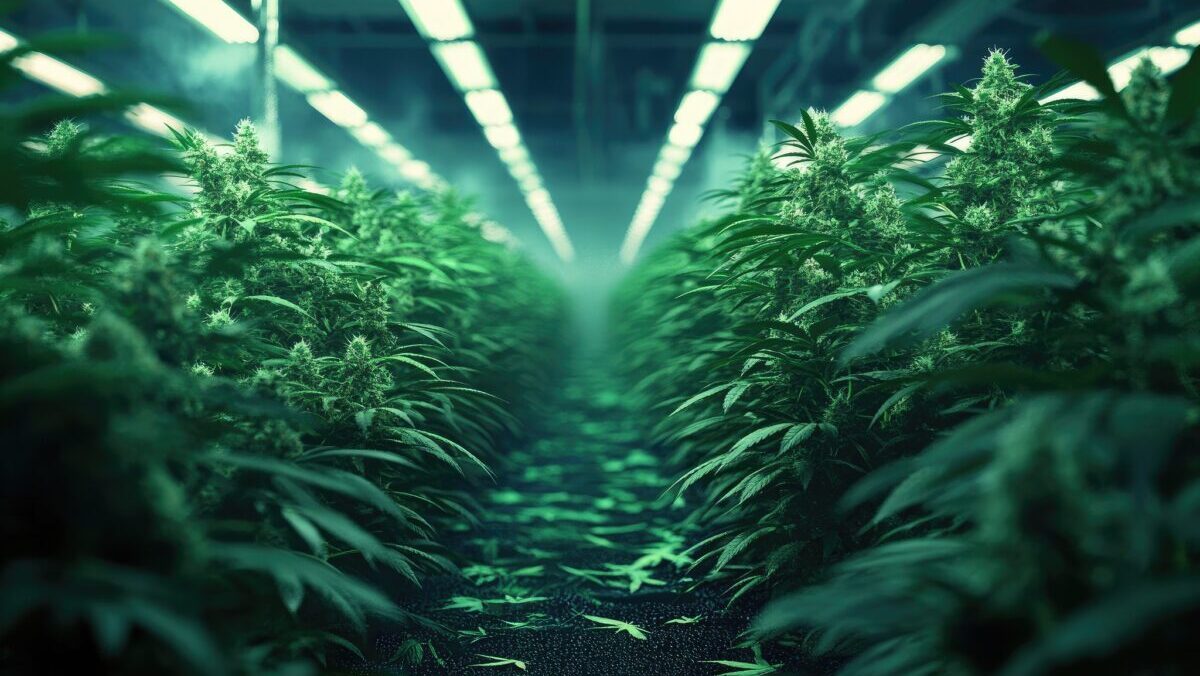President Donald Trump has indicated he is contemplating downgrading the federal classification of marijuana, a move that has sparked significant debate and led to a surge in cannabis stock prices by 25-40 percent. This potential shift comes as the cannabis industry had largely anticipated such changes from the Biden administration rather than from a Republican president.
Explainer Trump Designates Antifa as Domestic Terrorist Organization Amid Protests in Oregon
Currently, marijuana is classified as a Schedule I drug under federal law, a category that includes substances deemed to have a high potential for abuse and no accepted medical use. Critics argue that reclassifying marijuana to Schedule III, which includes drugs like steroids and Tylenol with codeine, could lead to increased commercialization and advertising of cannabis products.
"Reclassifying marijuana would enable sellers to deduct business expenses, which could lead to a proliferation of cannabis promotion," said John Schlafly, a policy analyst with the Phyllis Schlafly Eagles organization.
Despite the potential economic benefits, concerns persist regarding the impact of marijuana on public health and safety. A 2022 study indicated that 12 percent of drug-related emergency department visits were linked to marijuana, often due to severe reactions such as cannabinoid hyperemesis syndrome, which causes intense stomach pain and vomiting.
Moreover, the Centers for Disease Control and Prevention (CDC) warns that approximately 30 percent of marijuana users may develop cannabis use disorder, which can lead to cognitive issues and impaired driving.
The marijuana industry has faced scrutiny not only for health concerns but also for its association with illegal activities. In a recent operation, the Department of Homeland Security arrested 361 illegal immigrants at marijuana farms in California, some of whom had criminal records. The agency noted that at least 14 migrant children were rescued from potential exploitation and human trafficking during the raid.
"The illegal marijuana farms are often controlled by criminal organizations, which poses a significant challenge for law enforcement," said a DHS spokesperson.
In states like Oklahoma, where voters rejected recreational marijuana legalization in 2023, illegal farms have proliferated, with reports of 6,000 illegal operations, many linked to organized crime. Oklahoma's attorney general recently announced a drug bust that seized over 40,000 marijuana plants and more than 1,000 pounds of processed marijuana.
Supporters of reclassification argue that it could help regulate the industry and reduce illegal operations. However, critics maintain that the risks associated with marijuana use and its cultivation far outweigh potential benefits.
"Legalizing or downgrading marijuana's classification was not a campaign promise from Trump, and it raises concerns about public health and safety," Schlafly added.
As discussions continue, the implications of any reclassification remain uncertain, with many advocating for a cautious approach to marijuana policy. The debate highlights the complexities surrounding cannabis regulation in the U.S., particularly as states grapple with the realities of both legal and illegal marijuana markets.
Why it matters
- Trump's potential reclassification of marijuana could reshape federal cannabis policy, surprising many who expected changes from the Biden administration.
- The cannabis industry saw a significant stock price surge of 25-40% following Trump's comments, indicating strong market reactions to policy shifts.
- Reclassifying marijuana could lead to increased commercialization, raising concerns about public health and safety amid ongoing debates about its risks.
- The move may impact illegal marijuana operations, as supporters argue regulation could help curb criminal activities associated with the industry.
What’s next
- Watch for upcoming statements from the Trump administration regarding marijuana policy changes.
- Monitor state responses, especially in areas with high illegal cannabis operations, as they may push for stricter regulations.
- Expect discussions in Congress about potential legislation related to marijuana classification and regulation.
